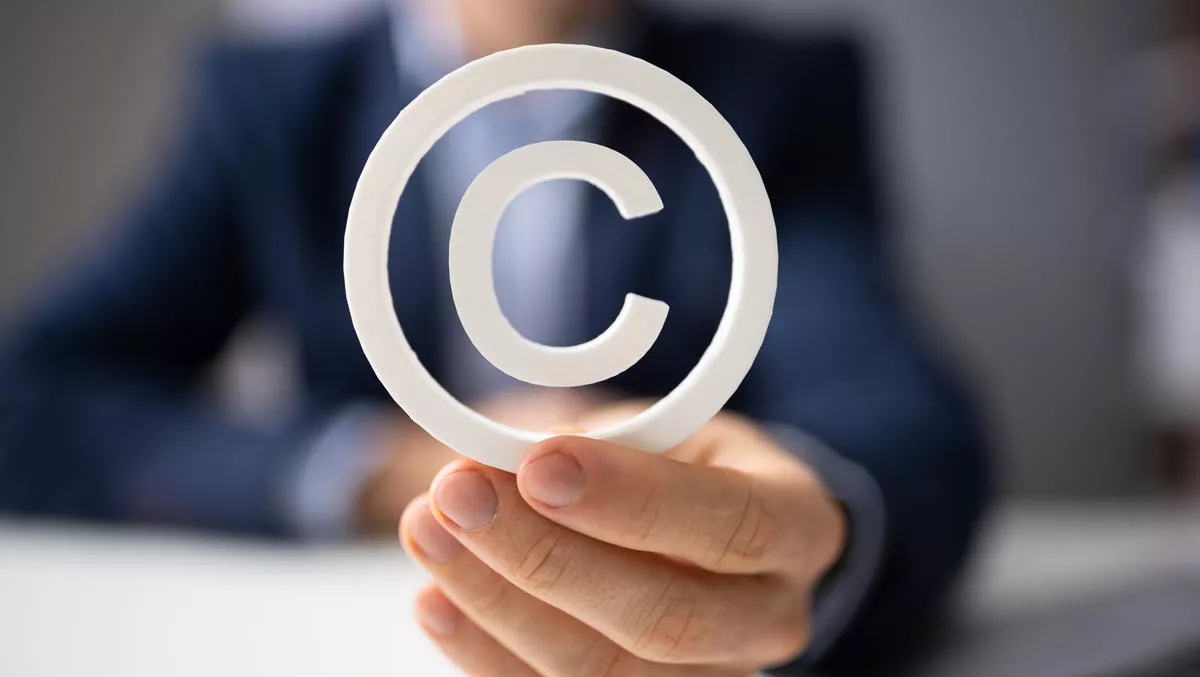
Declaration urges big changes to ACTA
Copyright Enforcement in the Digital Environment
As the eighth round of negotiations on ACTA (Anti-CounterfeitingTrade Agreement) gets underway in New Zealand, a group opposed to the agreement has launched a petition in support of a campaign to get governments to change their approach to the negotiations.
The goal of ACTA is to set a new, higher benchmark for intellectual property rights (IPRs) enforcement that countries can join on a voluntary basis. The discussions represent a cooperative effort by these governments to respond to the increase in global trade of counterfeit goods and pirated copyright protected works.
However, opponents have attacked the secrecy that has surrounded the ACTA negotiations, and fear that the resulting agreement will infringe on digital rights and impose draconian rules aimed largely at protecting the interests of copyright holders (eg: the entertainment industry).
A group called PublicACTA met in Wellington at the weekend, comprising mainly groups and individuals specifically interested in online freedom and the rights of internet users.
The resulting document, called The Wellington Declaration, says ACTA should be limited to counterfeiting (the large scale commercial production of illicit physical goods). It says the negotiating process should be more transparent, consistent with existing agreements and organisations such as WIPO(World Intellectual Property Organisation) and less US-centric.
The Declaration says ACTA is counter to the concept of the internet as a human right, should recognise the concepts of freedom of speech and fair use, should not make ISPs conduct surveillance of their users, and should place the burden of proof on holders of copyright.
The ACTA negotiations are being held in Wellington from April 12th-16th. The PublicACTA declaration can be viewed, and the petition supporting it signed, at publicacta.org.nz.

